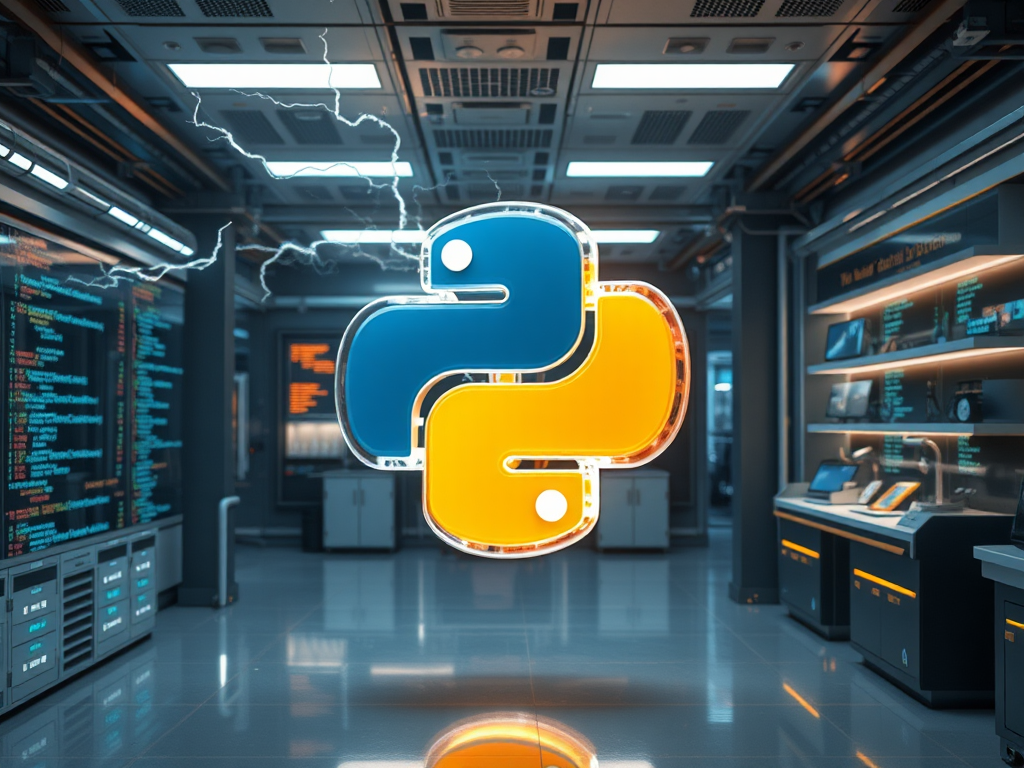Extracting Data Using BeautifulSoup
In Python web scraping and data extraction tasks, version control is an issue worth paying attention to. For example, when we use BeautifulSoup to extract data from web pages, if the web page structure changes, the previous code may fail. In this case, we need to modify the code, but also keep the previous version of the code for future debugging.
The following example demonstrates how to use BeautifulSoup to extract data from the <script> tags of a web page:
from bs4 import BeautifulSoup
import requests
response = requests.get("http://example.com")
soup = BeautifulSoup(response.content, 'html.parser')
scripts = soup.find_all('script')
for script in scripts:
if script.string:
print(script.string)
This code first uses the requests library to get the source code of the web page, then creates a BeautifulSoup object. It then uses the find_all() method to find all <script> tags, iterates through these tags and prints their text content.
This method can efficiently extract data such as JavaScript code from web pages. However, if the web page structure changes, causing the position of the <script> tags to change or the format to be different, we need to modify the code. This is where version control becomes particularly important.
Handling Exceptions in Scrapy
In addition to data extraction, version control is also important in Scrapy spider development. For example, to handle the CloseSpider exception, we can use try-except in the start() method of CrawlerProcess:
from scrapy.crawler import CrawlerProcess
from scrapy.exceptions import CloseSpider
process = CrawlerProcess()
try:
process.start()
except CloseSpider:
print("Spider closed due to CloseSpider exception.")
If Scrapy makes changes to the exception handling mechanism in the future, we will need to adjust our code accordingly. Therefore, it's best to keep different versions of exception handling code for rollback and debugging.
In summary, whether it's data extraction or spider development, version control is key to ensuring code quality and maintainability. In Python programming, we should develop good version control habits, keeping records and backups of every code change, thus making the code base more robust and reliable.




 Previous
Previous 




